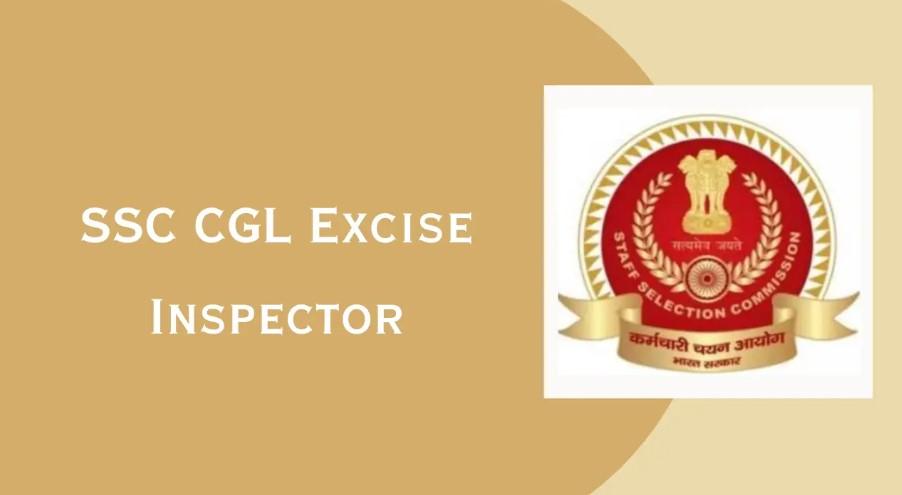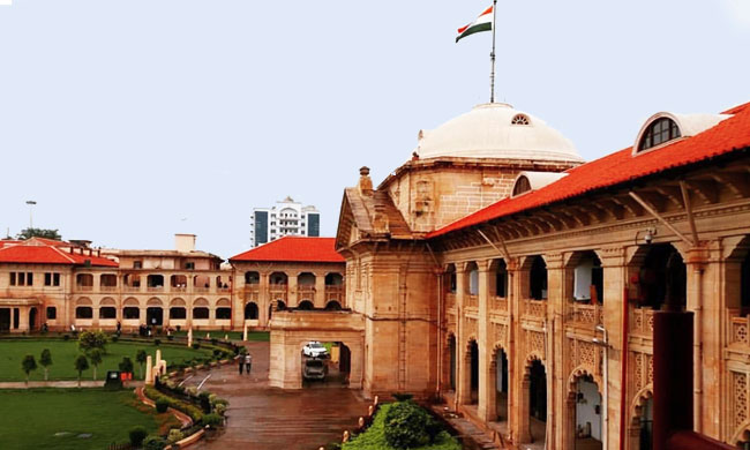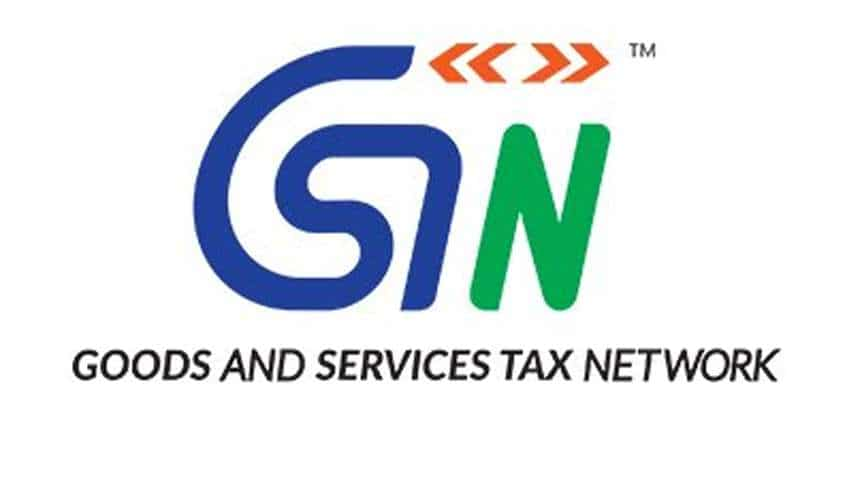
2019 (12) TMI 1244 – APPELLATE AUTHORITY FOR ADVANCE RULING, WEST BENGAL
IN RE: M/S. SIEMENS LTD.
Valuation – works contract – lump-sum amount stood credited to its account on that date as mobilisation advance – whether the unadjusted part of the advance received by the appellant can be considered for taxation under the GST Act on 01.07.2017 itself. – design, supply, installation, testing and commissioning of the power supply and distribution system, third rail system and SCADA system for the entire line and depot of the Kolkata East-West Metro Rail Project – time of supply of services – challenge to AAR decision.
HELD THAT:- Even by the wildest imagination, the observations made by Tribunals in the pre-GST regime cannot be made applicable in this case. Moreover, in the transitional provisions of the GST Act, no such provision has been included whereby, the advance outstanding as on 01.07.2017 can be allowed to be subjected to GST only as and when the bills are raised against supply of goods and services.
Immediately upon introduction of GST Act, that is with effect from the 1st day of July, 2017, the erstwhile Finance Act, 1994 and the notifications issued there under ceased to exist. In the instant matter the only applicable law is the GST Act, 2017. Accordingly, the time of supply of services is to be guided by section 13(2) of the GST Act – Hence, the remaining unadjusted amount of ₹ 13,80.74,549/- as on 01.07.2017 has to be construed as if it was credited into the account of the appellant on the date of 01.07.2017 only, which will attract GST on such amount on that date itself. Hence, there are no force in the argument of the appellant that section 13 (2) of the GST Act, 2017 will not be applicable in the instant case.
In respect of the goods and services provided by the appellant to KMRCL post introduction of GST, the amount of ₹ 13,80,74,549/- can only be considered as advance paid as on 01.07.2017, and in the absence of any exemption of mobilization advance from tax under GST regime, the entire amount of ₹ 13,80,74,549/- becomes taxable on the said date.
There are no infirmity in the ruling pronounced by the WBAAR – appeal dismissed.
No.- Case No. 11/WBAAAR/APPEAL/2019
Dated.- December 16, 2019
SRI. A.P.S SURI, AND SRI. DEVI PRASAD KARANAM, MEMBER
Present for the Appellant: Sri Kartik Kumar Gandhi, Attorney Sri Prithanu Bhattacharjee, Senior Manager (Tax)
Present for the Respondent: Sri Saurav Krishna Ghosh, Joint Commissioner, State Tax, Large Taxpayer Unit
1. This Appeal has been filed by M/s. Siemens Ltd. (hereinafter referred to as “the Appellant”) on 17.09.2019 against Advance Ruling Order No. 18/WBAAR/2019-20 dated 19.08.2019 = 2019 (8) TMI 1153 – AUTHORITY FOR ADVANCE RULING, WEST BENGAL, pronounced by the West Bengal Authority for Advance Ruling (hereinafter referred to as the “WBAAR”)
2. The appellant, presently holding GSTIN No. 19AAACS0764L1Z3, had entered into a contract (hereinafter the Contract) with M/s. Kolkata Metro Rail Corporation Limited (hereinafter KMRCL) before inception of the West Bengal Goods and Services Tax Act, 2017/ the Central Goods and Services Tax Act, 2017, (hereinafter collectively referred to as “the GST Act”) for “design, supply, installation, testing and commissioning” of the power supply and distribution system, third rail system and SCADA system for the entire line and depot of the Kolkata East-West Metro Rail Project. It includes the supply of equipment, training of the personnel, etc. The appellant has been awarded onshore scope of work for the contract under an open consortium arrangement with the offshore contractor Siemens AG. The appellant received ₹ 16,33,33,924/- on 24.06.2011 as mobilization advance, which was 10% of the original contract value and is recoverable as adjustment towards the payment due for the tax invoices that the appellant raises on attaining contract progress milestones. Out of the total lump-sum so received, an amount of ₹ 13,80,74,549/- was stated to be outstanding on 30.06.2017.
3. The Appellant sought an advance ruling under section 97 of the West Bengal Goods and Services Tax Act, 2017/ the Central Goods and Services Tax Act, 2017, on whether GST shall be charged on the gross amount of the invoice raised under GST regime or net amount of invoice after adjustment of lump-sum amount outstanding as on 30.06.2017.
4. The WBAAR passed an advance ruling by an order dated 19.08.2019, wherein it pronounced inter alia, that the appellant is deemed to have supplied works contract service to KMRCL on 01.07.2017 to the extent covered by the lump-sum that stood credited to its account on that date as mobilisation advance and GST is leviable thereon accordingly. The value of the supply of works contract service in the subsequent invoices as and when raised should, therefore, be reduced to the extent of the advance adjusted in such invoices. To avoid double taxation, the GST should, therefore be charged on the net amount that remains after such adjustment.
5. The Appellant has filed the instant Appeal against the above Advance Ruling with the prayer to set aside/modify the impugned Advance Ruling passed by the WBAAR or pass any such further or other orders as it may deem fit and proper in the facts and circumstances of the case, on the following grounds:
a) No tax was leviable on the mobilization advance under the erstwhile Tax regime.
b) The Appellant argued that the applicability of GST in the instant case would be governed by the transitional provision under section 142(10) of the GST Act which is:
“Save as otherwise provided in this Chapter, the goods or services or both supplied on or after the appointed day in pursuance of a contract entered into prior to the appointed day shall be liable to tax under the provisions of this Act.”
Hence, GST is payable on the mobilization advance which is in the nature of a deposit, lying unadjusted as on 01.07.2017.
c) The WBAAR observed that the mobilization advance is a consideration towards supply of service whether in the form of deposit or otherwise. However, the WBAAR by clearly ignored the statutory exclusion in the proviso to section 2(31) of the GST Act which clearly excludes the amount received in the form of deposit from ‘consideration’. The proviso to section 2(31) of the GST Act is as under :
“Provided that a deposit given in respect of the supply of goods or services or both shall not be considered as payment made for such supply unless the supplier applies such deposit as consideration for the said supply.”
The appellant argued that it is only at the time of application of such deposit as consideration, it becomes a consideration towards supply of service and is subjected to GST accordingly.
d) The appellant considered the lump-sum amount received as liability in the books of account and the Bank Guarantee provided to the customer acts as an exclusive right of recovery by the customer on the amount so paid to the appellant. It is only upon supply and only to the extent of value of supply provided, the said deposit can be applied by the appellant as consideration.
e) While the WBAAR had concurred with the view of the appellant that the mobilization advance was in the nature of earnest money deposit in the pre-GST regime, the WBAAR has conflicted its own view by treating the unadjusted amount as consideration immediately after implementation of GST on 01.07.2017. The appellant argues that the nature of earnest money deposit has not changed after implementation of GST and it will be covered under the express proviso to section 2(31) of GST Act, which excludes deposits from the definition of consideration unless it is adjusted against supplies. The appellant cited the decisions of the Customs Excise Service Tax Appellate Tribunals in the cases of Thermax Instrumentation Ltd. Vs. Commissioner of C. Ex., Pune-I [2016 (42) S.T.R. 19(Tri.-Mumbai)] = 2015 (12) TMI 1222 – CESTAT MUMBAI and GB Engineering Enterprises Pvt. Ltd. Vs. C.C.E., Tiruchirapalli [2017 (52) S.T.R. 313(Tri.-Chennai)] = 2017 (1) TMI 1674 – CESTAT CHENNAI.
f) The lump-sum amount was received on 24.06.2011 and the appellant had determined the applicability of taxes on the same as per the extant provision. The time of supply as per the provision of section 13 (2) of the GST Act, the applicability of GST on issuance of invoice or upon payment whichever is earlier, only applies for those considerations received post introduction of GST.
g) An amendment in the statute or a change in law as in the instant case by way of introduction of GST shall be applicable only prospectively and not retrospectively unless specifically provided for.
6. During the course of hearing the Appellant reiterated their submissions and added that the decisions of the Tribunals are binding on all field formations unless overruled by a superior judicial authority. In their oral submission before this appellate authority, the appellant further submitted that they have already paid the GST on the entire amount of ₹ 13,80,74,549/-, as and when the bills were raised by them. They further added that the concept of “deemed date of receipt” used by the WBAAR does not have legal acceptance.
7. The respondent submitted that the balance amount of ₹ 13,80,74,549/- from the advance received in the pre-GST period ought to be dealt with the provisions of the GST Act and the time of supply of service is guided by the provisions of section 13 of the GST Act.
8. The matter is examined and written and oral submissions made before us are considered.
9. The appellant argued that the mobilization advance received by them from KMRCL was in the form of deposit and it becomes a consideration only at the time of application of such deposit towards supply. However, we note that there are certain distinguishable features of both advance and deposit. For instance, an advance does not earn any return on it, whereas a deposit earns interest. An advance has to be utilized for the specific purpose for which the advance is made, whereas utilization of a deposit depends entirely on the person with whom it is deposited. In the instant case, the appellant had not paid interest to KMRCL for holding the lump-sum amount for so long a period. They also had no liberty to utilize the lump-sum amount in any venture on their own will other than the said contract. Both these characteristic features clearly indicate that the lump-sum amount qualifies as advance only and not as a deposit.
10. For the sake of clarity Proviso to section 2(31) of the GST Act is reproduced below:
“Provided that a deposit given in respect of the supply of goods or services or both shall not be considered as payment made for such supply unless the supplier applies such deposit as consideration for the said supply.”
In the instant case, the appellant’s submission is that they are required to pay GST on the amount of ₹ 13,80,74,549/- as and when they utilize the lump-sum amount for providing the service contracted for. They have also submitted orally that they have already paid the GST against bills raised by them in respect of the entire amount of ₹ 13,80,74,549/-. However, in view of the discussion in paragraph 10 above and the proviso to section 2(31) of the GST Act, as quoted above, the unutilized part of the lump-sum amount held by the appellant as on 01.07.2017 cannot be considered as a deposit and hence the appellant is not entitled to pay GST on the gross amount as and when they utilize the amount towards provision of goods and services.
11. The appellants relied upon the decisions of the Tribunal in the case of Thermax Instrumentation Ltd. Vs. Commissioner of C. Ex., Pune-I [2016 (42) S.T.R. 19(Tri.-Mumbai)] = 2015 (12) TMI 1222 – CESTAT MUMBAI and GB Engineering Enterprises Pvt. Ltd. Vs. C.C.E., Tiruchirapalli [2017 (52) S.T.R. 313(Tri.-Chennai)] = 2017 (1) TMI 1674 – CESTAT CHENNAI, wherein the Ld. CESTAT had observed that the mobilization advance is like earnest money and argued that this nature has not changed after implementation of GST and hence it will be covered under the express proviso to section 2 (31) of the GST Act which excludes deposits from the definition of consideration unless it is adjusted against supplies. It is observed that the advance was received in the year 2011 and a considerable part of the advance remained unadjusted as on 30.06.2017. The present case originated due to introduction of GST with effect from 01.07.2017. However, the observations of the Ld. Tribunals in the cases relied upon by the appellant were clearly within the ambit of the legal provisions of Service Tax which was prevalent, when the decisions were proclaimed. In the present case, the question relates to whether the unadjusted part of the advance received by the appellant can be considered for taxation under the GST Act on 01.07.2017 itself. Hence, even by the wildest imagination also, the observations made by Tribunals in the pre-GST regime cannot be made applicable in this case. Moreover, in the transitional provisions of the GST Act, no such provision has been included whereby, the advance outstanding as on 01.07.2017 can be allowed to be subjected to GST only as and when the bills are raised against supply of goods and services. Hence, the decisions on which the Appellants arguments were relied upon do not squarely apply in the present case.
12. The appellant argued that the lump sum amount was received by them on 24.06.2011 and they have determined the applicability of taxes on the same as per the extant provisions under the GST Act. They have also submitted that the provision of section 13 (2) of the GST Act regarding time of supply of services is applicable only for the considerations received post introduction of GST. The moot question in this case is whether the part of the mobilisation advance remaining unadjusted on 01.07.2017 will be chargeable under the GST Act. Immediately upon introduction of GST Act, that is with effect from the 1st day of July, 2017, the erstwhile Finance Act, 1994 and the notifications issued there under ceased to exist. In the instant matter the only applicable law is the GST Act, 2017. Accordingly, the time of supply of services is to be guided by section 13(2) of the GST Act. Hence, the remaining unadjusted amount of ₹ 13,80.74,549/- as on 01.07.2017 has to be construed as if it was credited into the account of the appellant on the date of 01.07.2017 only, which will attract GST on such amount on that date itself. Hence, we find no force in the argument of the appellant that section 13 (2) of the GST Act, 2017 will not be applicable in the instant case.
13. In respect of the goods and services provided by the appellant to KMRCL post introduction of GST, the amount of ₹ 13,80,74,549/- can only be considered as advance paid as on 01.07.2017, and in the absence of any exemption of mobilization advance from tax under GST regime, the entire amount of ₹ 13,80,74,549/- becomes taxable on the said date.
In view of above discussion we find no infirmity in the ruling pronounced by the WBAAR. The appeal thus fails and stands disposed accordingly.
Send a copy of this order to the Appellant and the Respondent for information.













